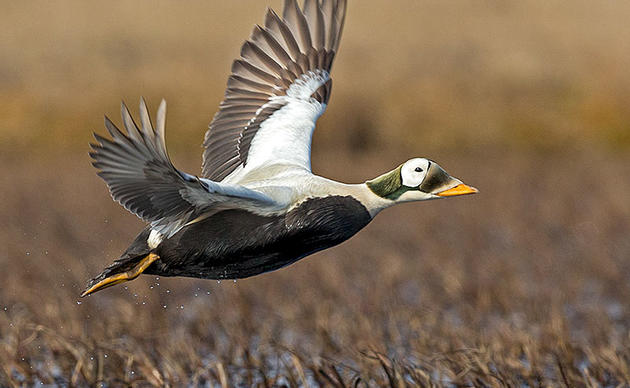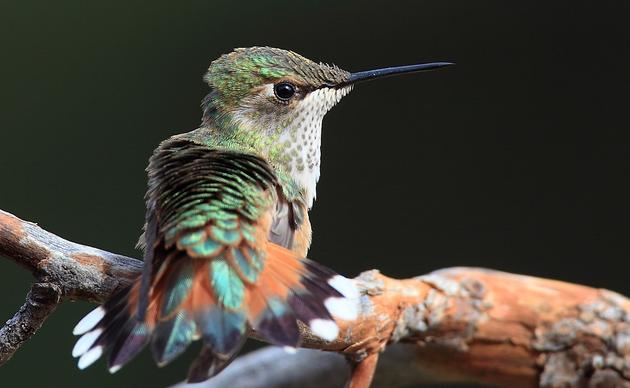ARCTIC NATIONAL WILDLIFE REFUGE, ALASKA (November 19, 2021) – The Build Back Better Act was passed by the House on Friday morning with profound implications for the Coastal Plain of the Arctic National Wildlife Refuge. A measure tucked within the bill would end the mandate for an oil and gas leasing program on the Coastal Plain, and bring it one step closer to permanent protection. Build Back Better would also include nearly $27 billion for spending related to federal, state and tribal forests including the Tongass, recognizing the economic value of addressing climate change by protecting intact ecological systems across Alaska.
In 2017, the Tax Cuts and Jobs Act included language to mandate an oil and gas leasing program in the Coastal Plain of the Arctic Refuge, tying the fate of the Arctic Refuge and its wildlife to revenue generation needed to pass tax reform. Now, that same process is being used to reverse course, and once again allow forward progress toward permanent protections for this undeveloped segment of America’s Arctic coastline. Failed attempts to sell oil and gas leases on the Arctic Coastal Plain for inflated prices illustrate that the value of the Arctic Refuge lies not in the oil but in its intactness.
"We are thrilled that the Build Back Better Act cancels the Arctic Refuge Oil and Gas leasing program and nullifies existing leases. This is the first step to finding permanent protections for one of the world's most important bird nurseries and a sacred place for Indigenous Peoples across the Arctic," said Natalie Dawson, executive director at Audubon Alaska. “We are inspired to see Congress recognize what we have known for some time-oil and gas development doesn’t make economic sense, especially with the impacts of climate change reshaping the world around us. What we once valued for future generations is now also imperative to our current generation’s resilience in the face of change.”
Oil and gas exploration in the Arctic Refuge undermines climate action and directly impacts the home of more than 200 species of birds, millions of which migrate across the United States and six continents to feed and nest in the Arctic Refuge. Turning this crucial ecosystem into an oil field would also threaten 42 species of fish, 45 mammal species and more than 150,000 caribou that the Gwich'in People have relied upon since time immemorial.
Audubon Alaska celebrates this victory with supporters and Indigenous leaders who have worked tirelessly on behalf of birds, wildlife, and sacred places. We look forward to continuing our collective work to safeguard the Arctic for generations to come.
###
Media Contact:
Katrina Peavey, Audubon Alaska, katrina.peavey@audubon.org
About Audubon
The National Audubon Society protects birds and the places they need, today and tomorrow. Audubon works throughout the Americas using science, advocacy, education, and on-the-ground conservation. State programs, nature centers, chapters, and partners give Audubon an unparalleled wingspan that reaches millions of people each year to inform, inspire, and unite diverse communities in conservation action. A nonprofit conservation organization since 1905, Audubon believes in a world in which people and wildlife thrive. Learn more at www.audubon.org and on Facebook, Twitter and Instagram @audubonsociety.
Since 1977, Audubon Alaska has been conserving the spectacular natural ecosystems of Alaska for people, birds, and other wildlife. Audubon Alaska uses science to identify conservation priorities and support conservation actions and policies, with an emphasis on public lands and waters. Audubon Alaska is a state office of the National Audubon Society. Learn more at ak.audubon.org.



